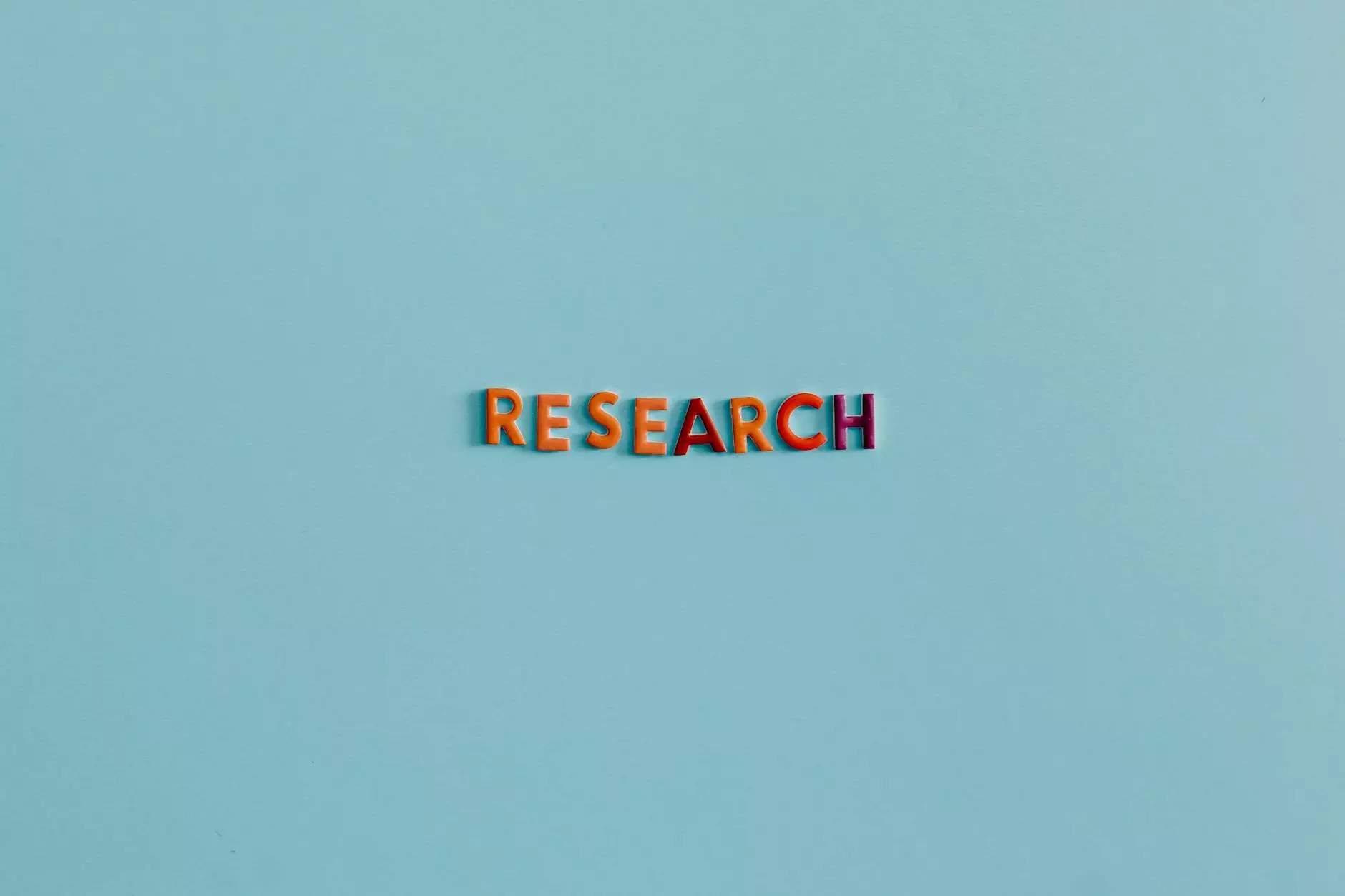The Intricate Relationship Between Pharmacy and Addiction Medicine

Pharmacy and addiction medicine are two critical components in the healthcare system that profoundly impact individuals struggling with substance use disorders. Understanding the dynamics between these fields is essential for patients, healthcare professionals, and policymakers alike. This article delves into the nuances of pharmacy as it relates to addiction medicine, emphasizing treatment options, patient care, and ongoing support.
Understanding Addiction Medicine
Addiction medicine focuses on preventing, diagnosing, and treating substance use disorders. It encompasses a broad range of substances, including alcohol, prescription medications, and illicit drugs. Professionals within this field work tirelessly to improve the quality of life for patients through comprehensive treatment plans that may involve:
- Behavioral therapies
- Medication-assisted treatments
- Supportive services and recovery programs
- Ongoing education and support for patients and families
The Role of Pharmacy in Addiction Management
Pharmacists play a vital role in the management of addiction. Their expertise ensures safe medication practices and adherence to treatment protocols. Here’s how pharmacies contribute:
1. Medication Management
Pharmacists are uniquely positioned to monitor patients for potential medication interactions and side effects, particularly with drugs like Xanax (alprazolam), which are commonly prescribed for anxiety disorders but can lead to dependence.
2. Counseling Services
Pharmacists provide vital counseling services that empower patients to take control of their treatment. These interactions often involve:
- Education about prescribed medications.
- Understanding the risks associated with misuse.
- Strategies for adhering to treatment plans.
3. Referral to Treatment Programs
In many cases, pharmacists can identify individuals at risk of addiction and refer them to appropriate treatment programs. These referrals are crucial for early intervention and can lead to better patient outcomes.
Common Medications in Addiction Treatment
Several medications are commonly used in addiction treatment, and pharmacists must be well-versed in their applications, benefits, and risks. Below are some of the most frequently prescribed:
1. Buprenorphine
This medication is especially effective for opioid addiction. It works by partially stimulating opioid receptors while blocking the effects of more potent opioids.
2. Methadone
Methadone is another treatment option for opioid dependency. It is a long-acting opioid that helps reduce withdrawal symptoms and cravings while allowing patients to function normally.
3. Naltrexone
Naltrexone is used to prevent relapse by blocking the euphoric effects of opioids and reducing the desire for alcohol in patients recovering from alcohol dependence.
4. Alprazolam
While alprazolam (Xanax) is primarily prescribed for anxiety disorders, it also has a history of misuse. Pharmacists must ensure proper use of this medication to prevent dependency.
Ethical Considerations in Pharmacy and Addiction Medicine
The intersection of pharmacy and addiction medicine raises several ethical considerations that must be navigated carefully:
- Patient Privacy: Ensuring confidentiality when discussing treatment options.
- Responsible Prescribing: Balancing the needs of patients for pain relief with the risk of addiction.
- Stigmatization: Addressing stigma associated with addiction within the pharmacy community.
Challenges Facing Pharmacy in Addiction Treatment
Despite the clear benefits pharmacists provide, several challenges hinder the effectiveness of their roles in addiction medicine:
1. Education and Training
Many pharmacy programs do not provide adequate training specifically targeting addiction medicine, which can limit pharmacists’ ability to effectively support patients.
2. Policy Restrictions
Legislation surrounding the prescribing and distribution of controlled substances often complicates pharmacists’ ability to provide optimal care.
3. Stigma and Misunderstanding
Pharmacists may face stigma from both the general public and other healthcare professionals regarding their role in treating addiction, impacting their confidence and effectiveness.
Best Practices for Pharmacists in Addiction Medicine
To enhance their contribution to addiction treatment, pharmacists can adopt several best practices:
1. Continuous Education
Staying informed about the latest developments in addiction medicine is crucial. Pharmacists should seek out continuing education opportunities focused on addiction and substance use treatment.
2. Building Relationships with Healthcare Providers
Collaborating with healthcare providers can create a more integrated approach to treatment, ensuring that all aspects of a patient’s care are coordinated effectively.
3. Enhancing Patient Engagement
Pharmacists should actively engage patients in conversations about their treatment plans, motivating them to take an active role in their recovery journey.
Resources for Patients and Providers
In addition to the skills and practices mentioned, it’s essential to utilize available resources to assist patients and healthcare providers in their journey through addiction treatment. These resources include:
- alprazolam-xanax.com - A hub for education on Xanax and its implications in addiction.
- National Institute on Drug Abuse (NIDA) - Offers extensive research and resources on drug abuse and addiction.
- Substance Abuse and Mental Health Services Administration (SAMHSA) - Provides a national helpline and information on local treatment facilities.
Conclusion
As we navigate the complexities of pharmacy and addiction medicine, both fields must work synergistically to create a robust support system for individuals facing substance use disorders. By understanding their roles and responsibilities, pharmacists can significantly impact the treatment and recovery journey of their patients.
Awareness, education, and proactive engagement are key to overcoming the challenges presented in this landscape. Whether through clinical practice or community outreach, the contributions of pharmacists are invaluable in fostering healthier communities and supporting those in need.
https://alprazolam-xanax.com








